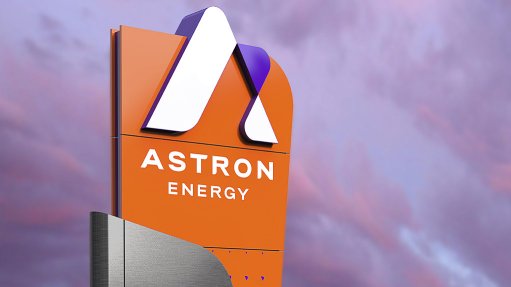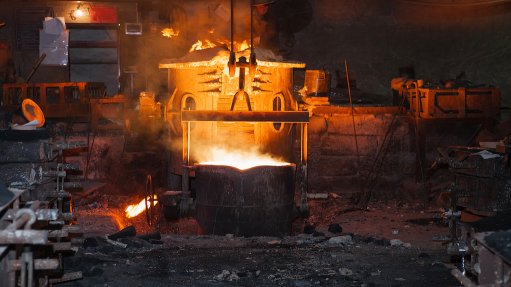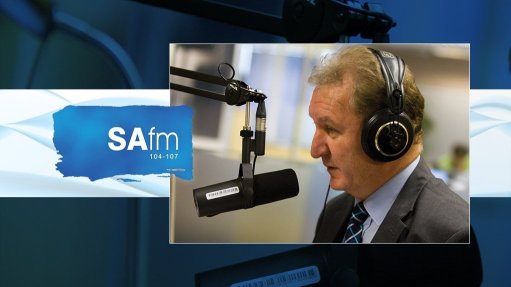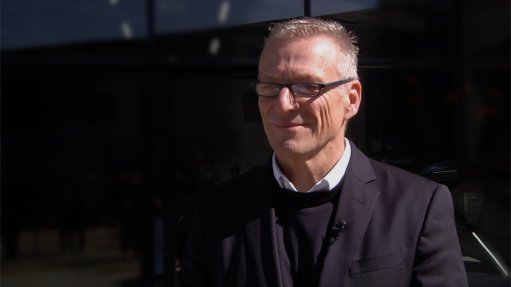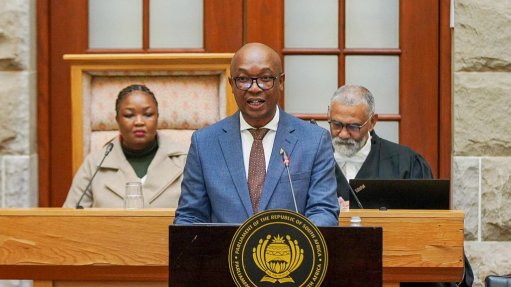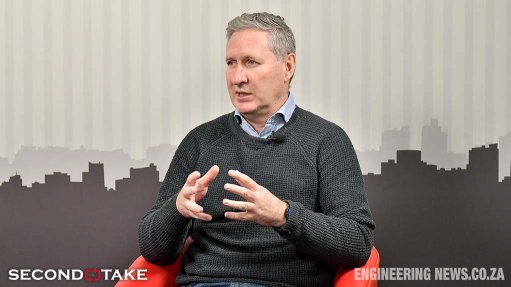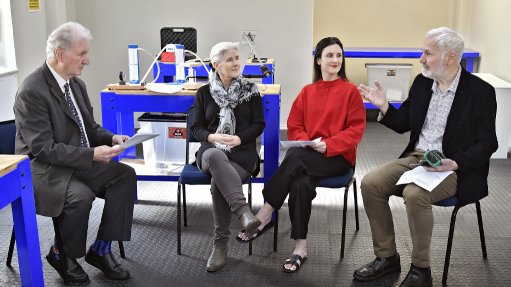Fungal research could remedy water crisis

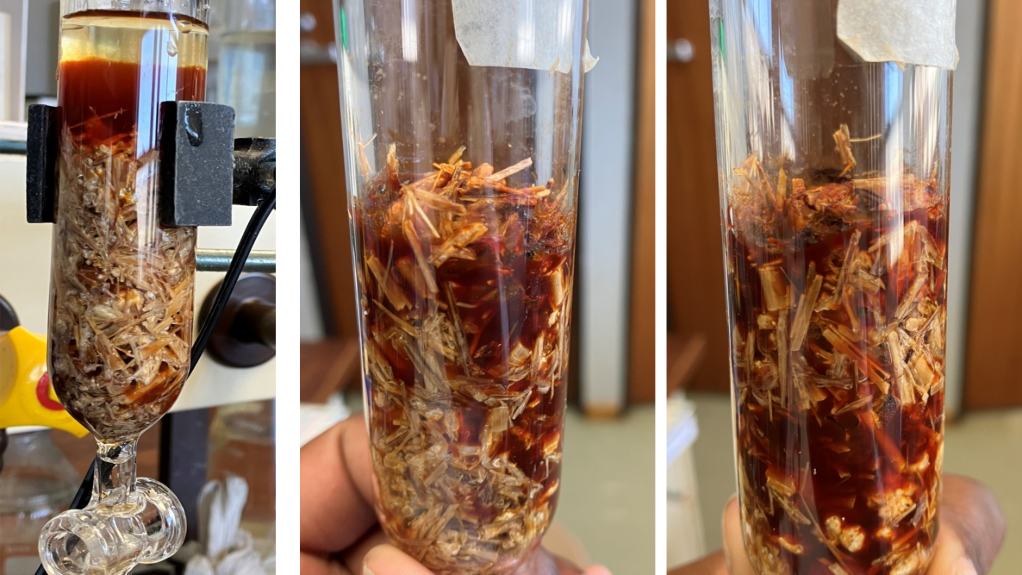
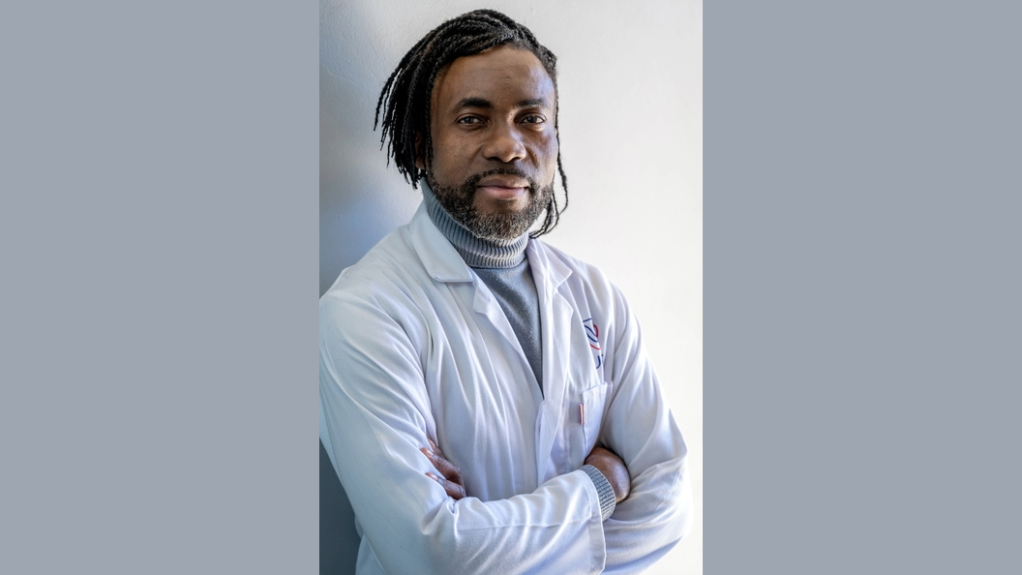
RESEARCH POTENTIAL Research explores the use of fungal mycelia for a promising, eco-friendly solution that could help address water contamination challenges
RESEARCH POTENTIAL Research explores the use of fungal mycelia for a promising, eco-friendly solution that could help address water contamination challenges
PROFESSOR PATRICKS OTOMO The innovative approach aims to filter out pollutants and improve water quality
Research led by University of the Free State Professor Patricks Otomo explores the use of fungal mycelia for mycofiltration – an eco-friendly solution that could help address water contamination challenges in rural areas.
He explains that this innovative approach aims to filter out pollutants, providing a low-cost alternative to conventional water treatment methods, which often fall short in under-resourced communities.
Otomo’s team has developed a mycofilter using thatching straw and the common oyster mushroom (Pleurotus ostreatus).
The use of accessible materials makes it an affordable option for communities with limited resources, he says.
“Using mycofiltration to reclaim or improve natural water quality in South Africa remains untapped,” Otomo tells Engineering News, adding that, in areas with water shortages, mycofiltration could help make river or rainwater more suitable for household use.
Further, while Otomo acknowledges that mycofiltration is still in the research phase, he believes the technique could be scaled-up to complement wastewater treatment systems.
“Mycofiltration, if upscaled properly, could help improve the quality of the wastewater effluent released into our rivers,” Otomo notes, though he emphasises that more research is needed to fully understand how this technique can be applied on a larger scale.
He says scaling the technology to treat larger bodies of water involves several engineering challenges, with funding a major hurdle.
Otomo explains that his team recently released a technical note outlining the information needed to upscale mycofiltration, stressing that significant investment will be required to progress beyond the research stage.
This will be of critical importance, he adds, because South Africa’s municipalities continue to face challenges in maintaining and upgrading water treatment infrastructure.
According to the 2022 Green Drop Report by the Department of Water and Sanitation, only 23 out of 850 wastewater systems nationwide achieved Green Drop Certification, indicating that many systems are underperforming. Ageing infrastructure and limited funding exacerbate these issues, which result in untreated or poorly treated wastewater entering natural water systems, says Otomo.
Biosorption Research
The research focuses on the biosorption abilities of fungal mycelia, particularly within the Pleurotus genus.
During the process of mycofiltration, harmful contaminants are adsorbed by the fungal mycelia through biosorption. This is a passive process where contaminants bind to the surface of the fungal network.
Otomo explains that fungi can also remove pollutants from water through multiple mechanisms, including the secretion of enzymes such as laccases and peroxidases, which break down contaminants, and bioaccumulation, which involves the active uptake of pollutants into the fungi.
As the country seeks new methods to address water quality concerns, mycofiltration presents an intriguing alternative, with the potential to remove pharmaceutical waste, bacteria, and organic and inorganic pollutants, he avers.
Otomo believes that mycofiltration could play a role in achieving the UN’s goal to halve untreated wastewater by 2030, especially in South Africa’s most water-stressed regions.
His research also incorporates bioindicators, such as freshwater snails, to evaluate the effectiveness of mycofiltration in improving water quality. The snails serve as indicators of environmental health, providing a practical way to monitor changes in water quality after filtration, he explains.
Otomo’s research suggests mycofiltration could be integrated into broader water remediation efforts in South Africa.
However, he cautions that more work is needed before the technology can be widely adopted, as important questions remain about the lifespan of mycofilters, their disposal and their overall advantages compared to traditional methods. ![]()
Comments
Press Office
Announcements
What's On
Subscribe to improve your user experience...
Option 1 (equivalent of R125 a month):
Receive a weekly copy of Creamer Media's Engineering News & Mining Weekly magazine
(print copy for those in South Africa and e-magazine for those outside of South Africa)
Receive daily email newsletters
Access to full search results
Access archive of magazine back copies
Access to Projects in Progress
Access to ONE Research Report of your choice in PDF format
Option 2 (equivalent of R375 a month):
All benefits from Option 1
PLUS
Access to Creamer Media's Research Channel Africa for ALL Research Reports, in PDF format, on various industrial and mining sectors
including Electricity; Water; Energy Transition; Hydrogen; Roads, Rail and Ports; Coal; Gold; Platinum; Battery Metals; etc.
Already a subscriber?
Forgotten your password?
Receive weekly copy of Creamer Media's Engineering News & Mining Weekly magazine (print copy for those in South Africa and e-magazine for those outside of South Africa)
➕
Recieve daily email newsletters
➕
Access to full search results
➕
Access archive of magazine back copies
➕
Access to Projects in Progress
➕
Access to ONE Research Report of your choice in PDF format
RESEARCH CHANNEL AFRICA
R4500 (equivalent of R375 a month)
SUBSCRIBEAll benefits from Option 1
➕
Access to Creamer Media's Research Channel Africa for ALL Research Reports on various industrial and mining sectors, in PDF format, including on:
Electricity
➕
Water
➕
Energy Transition
➕
Hydrogen
➕
Roads, Rail and Ports
➕
Coal
➕
Gold
➕
Platinum
➕
Battery Metals
➕
etc.
Receive all benefits from Option 1 or Option 2 delivered to numerous people at your company
➕
Multiple User names and Passwords for simultaneous log-ins
➕
Intranet integration access to all in your organisation








